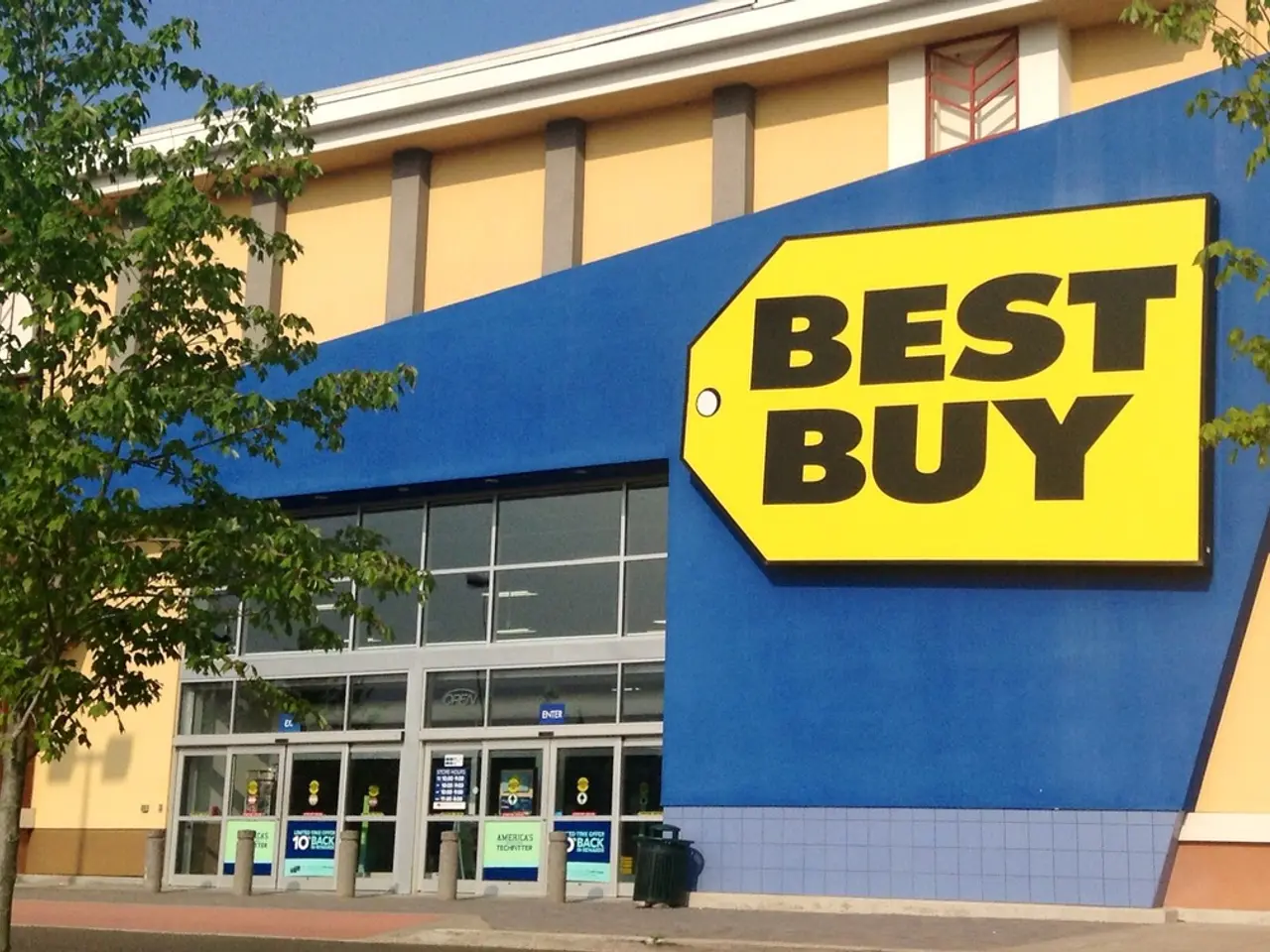Rapidly growing demand and limited available land make Cape Town and Durban appealing investment destination points
In the dynamic world of African real estate, two cities stand out as prime investment destinations: Cape Town and Durban. Both cities are attracting significant interest from investors due to their operational resilience, robust infrastructure, and strong governance, making them two of Africa's most investable logistics and industrial markets [1][2].
Cape Town's industrial market is currently experiencing a surge, with escalating rents and low vacancies. The city's competitive edge lies in its stable governance, strong infrastructure, and a tech-savvy tenant base, making it a low-risk investment environment. The market is characterized by development in new hotspots like Brackengate and Richmond Park, as well as the revitalization of older nodes such as Epping and Parow [1][2].
Demand in Cape Town is driven by a "flight to quality," semigration—the migration of businesses and people from other provinces—and the expanding e-commerce sectors. The city's growth is further fuelled by its strategic location and its ability to cater to the needs of a tech-savvy tenant base [1][2].
Durban, on the other hand, faces chronic land shortages, with limited flood-free and flat land released for development over more than a decade. This scarcity pushes operational costs up and favours landlords, creating a tight market with strong investor interest. Despite these challenges, Durban remains attractive to investors due to stable demand and long-term leases from logistics operators near the port [2].
Global trends indicate e-commerce, 3PLs, and last-mile delivery as major sector drivers. In Durban, this scarcity has led to the emergence of small businesses shifting from traditional retail to fulfilment-based industrial space, with demand for mini-units and small-format warehouses measuring 100sqm to 500sqm [2].
The Western Cape corridors and select Durban nodes are emerging as premium options. As the shift toward nearshoring, flexibility, and resilience in global supply chain strategies is being met by South Africa's logistics and industrial sector, climate risk is becoming a central factor in asset valuation and investment due diligence. Climate-resilient assets are achieving stronger lease uptake and longer tenures [1].
Tenants, especially multinationals, are factoring in resilience, water security, and energy independence when selecting sites. Assets that embed mitigation strategies early attract stronger investor interest and pricing premiums. This new driver in the South African logistics and industrial market underscores the need for strategic alignment of business operations with location and asset selection to ensure long-term sustainability [1].
In summary, growth drivers in Cape Town and Durban's logistics and industrial markets include scarcity of developable land, semigration bringing demand from other provinces, expansion of e-commerce logistics, strategic location choices, and rising awareness of climate resilience. The overall strategy for investors and occupiers involves selecting operationally aligned, well-located, and sustainable assets to capitalize on these evolving market dynamics [1][2].
References: [1] Propertywheel.co.za. (2021). Industrial Property Market in South Africa: A Focus on Climate Resilience. [online] Available at: https://www.propertywheel.co.za/industrial-property-market-in-south-africa-a-focus-on-climate-resilience/
[2] Bizcommunity.com. (2021). SA's industrial property market: A focus on Cape Town and Durban. [online] Available at: https://www.bizcommunity.com/Article/196/697/214046.html
- In Cape Town, the industrial market is experiencing a surge, driven by a "flight to quality," semigration, and expanding e-commerce sectors, making it an attractive location for businesses and investors.
- The competitive edge of Cape Town's industrial market lies in its stable governance, strong infrastructure, tech-savvy tenant base, and development of new hotspots like Brackengate and Richmond Park.
- Durban's industrial market faces challenges due to chronic land shortages, but it remains attractive to investors due to stable demand and long-term leases from logistics operators near the port.
- Global trends indicate that e-commerce, 3PLs, and last-mile delivery will drive demand in Durban, leading to the emergence of small businesses shifting from traditional retail to fulfilment-based industrial space.







